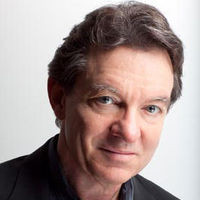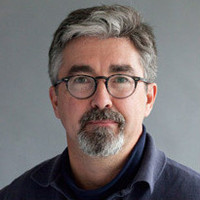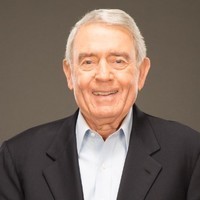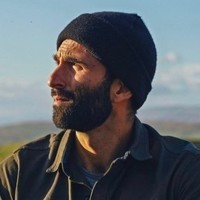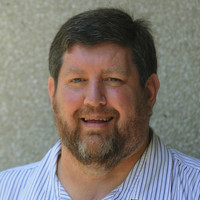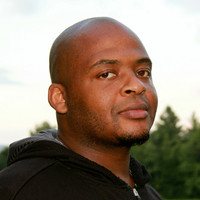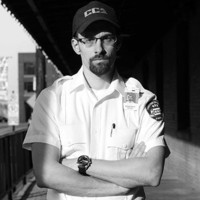Meribah Knight is a reporter with Nashville Public Radio. She won the Polk Award for Podcasting for “The Kids of Rutherford County,” produced with ProPublica and Serial, which revealed a shocking approach to juvenile discipline in one Tennessee county.
“Where does it leave me? It leaves me with a searing anger that is going to propel me to the next thing. But we’ve made some real improvement. And that’s worth celebrating. That’s worth recognizing and saying, This work matters, people are paying attention.”
This is the third in a week-long series of conversations with winners of this year's George Polk Awards in Journalism.


